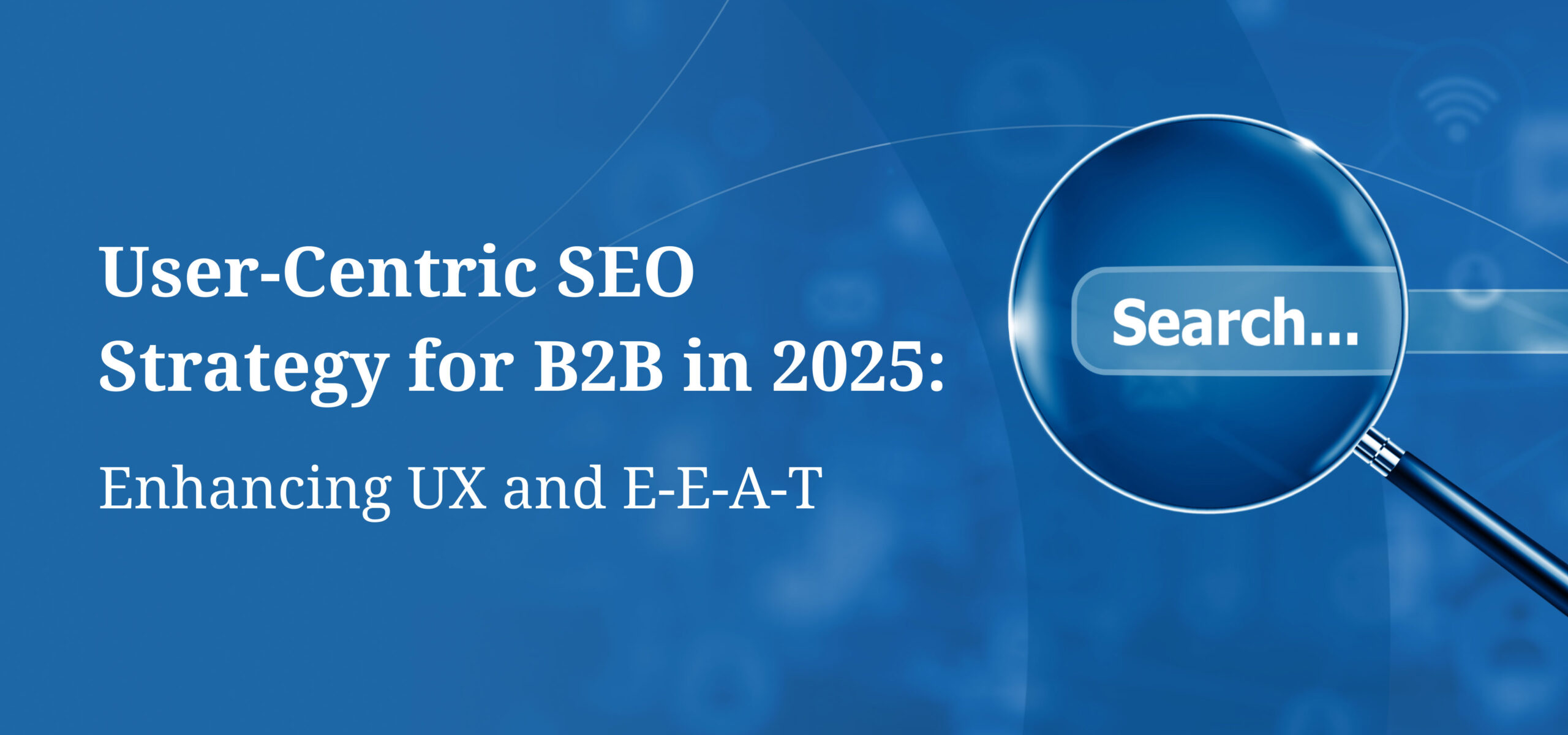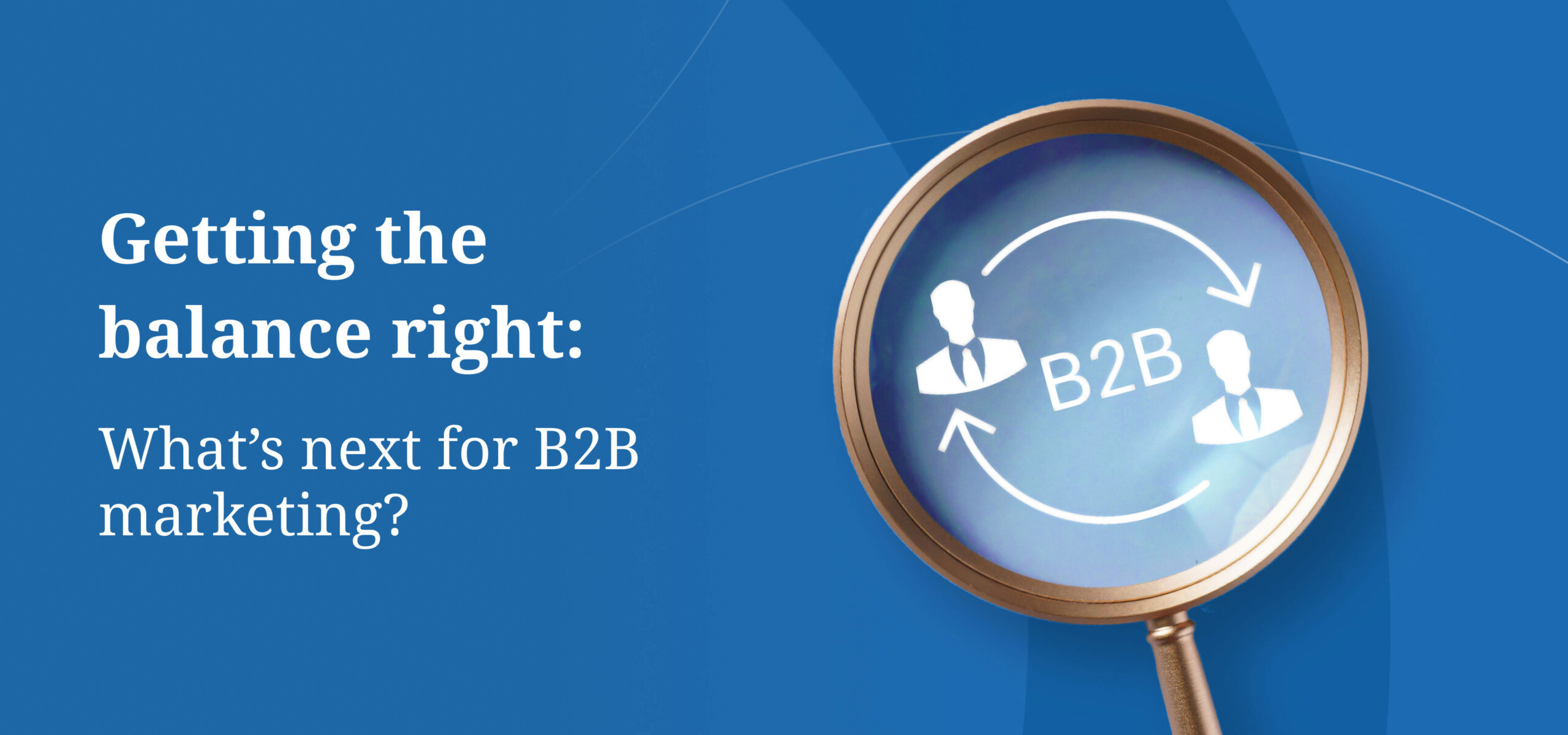For any business to be successful today, a strong online presence is essential – and that begins with your website.
But the reality is that Google’s constant algorithm updates make it challenging for business leaders, as well as marketers, to keep up with what’s important and what’s not – even for experts like us, who manage multiple websites daily!
Working through the literature and articles can take hours, and so in this article, we distil the essentials making it easier for you to know exactly how the latest Google algorithm updates might affect your website’s performance – specifically in the context of the tsunami of AI-generated content that has engulfed the world. We aim to arm you with what you need to know to navigate the increasingly complex digital world and improve the discoverability of the content on your website.
Latest Google algorithm updates
Google’s algorithm updates are an ongoing effort to reduce low-quality content and make it easier to find authentic, useful content in search results. Recently, Google announced two key updates related to this which are the Google helpful content update and the Google link spam update.
The helpful content update, which began rolling out on 5 December 2022, focuses on content primarily created to rank well in search engines rather than helping or informing people. To meet this update’s requirements, your website should aim to produce original, high-quality, people-first content that demonstrates E-E-A-T (experience, expertise, authoritativeness, and trustworthiness) qualities.
Google’s link spam update began rolling out on 14 December 2022. It targets sites that buy links as well as sites that are used to pass outgoing links, penalising both types of sites for link spamming.
E-E-A-T guidelines are even more relevant now
As mentioned, E-E-A-T refers to a set of guidelines introduced by Google in 2014 to evaluate the quality of online content. Guess what? These guidelines are even more valid today – especially as AI makes it seem so easy to churn out content. But we recommend that you tread with extreme caution.
The appropriate use of AI or automation is not against Google guidelines, as long as the content is primarily created for people first and foremost; not search engines. So, if businesses, marketeers and thought leaders think they can throw in a couple of clever prompts into ChatGPT, and cut and paste the content onto their website, they may be in for a rude awakening.
Here is a helpful reminder of what constitutes E-E-A-T guidelines
- Create high-quality content: The first and foremost thing to do is to create high-quality content. What does this mean? The content should be well-researched, well-written, and should be able to provide value to the readers. Ensure that the facts are accurate, comprehensive, and up to date.
- Establish author expertise: Google prefers content that is written by an expert in the field, which essentially means that the algorithm is very good at picking up whether your thought leadership article has any “leader’s thoughts”, or is a simple regurgitation of clever AI. Another way to establish the author’s expertise is by providing information about the author’s credentials, qualifications, and experience, so when Google’s crawlers reach your website, they are assured that the person writing the content is a real person.
- Provide transparent and accurate information: To optimise for trustworthiness, it is essential to provide transparent and accurate information in your content. This can be done by providing clear and complete information about the company, its products/services, and even its history.
- Earn high-quality backlinks: High-quality backlinks from reputable and authoritative sources can help to establish the website’s authority. It is important to focus on building natural and relevant backlinks from reputable sources. Avoid purchasing backlinks as it can harm the website’s reputation. (Note: Google uses AI-based spam detection, i.e., SpamBrain for link spam purposes. It can now detect both sites buying links, and sites used for the purpose of passing outgoing links.)
- Optimise for user experience: Easy to navigate, loads quickly, and provides a good user experience – these are traits that establish a website’s authority and trustworthiness. Make sure the website is mobile-friendly and has a clear navigation structure.
Create content for people
In conclusion, our recommendation is to follow these essential tips and continue to optimise your website. If you’re considering AI-generated content, ensure that it meets the same high-quality standards as your other content. Remember that the most important thing for content creators is to produce original, high-quality, people-first content that demonstrates E-E-A-T qualities.
Get in touch with us to improve the searchability of your content. Read more about our work here and watch out for the next blog in our ongoing effort to educate our readers and clients about the AI wave!





